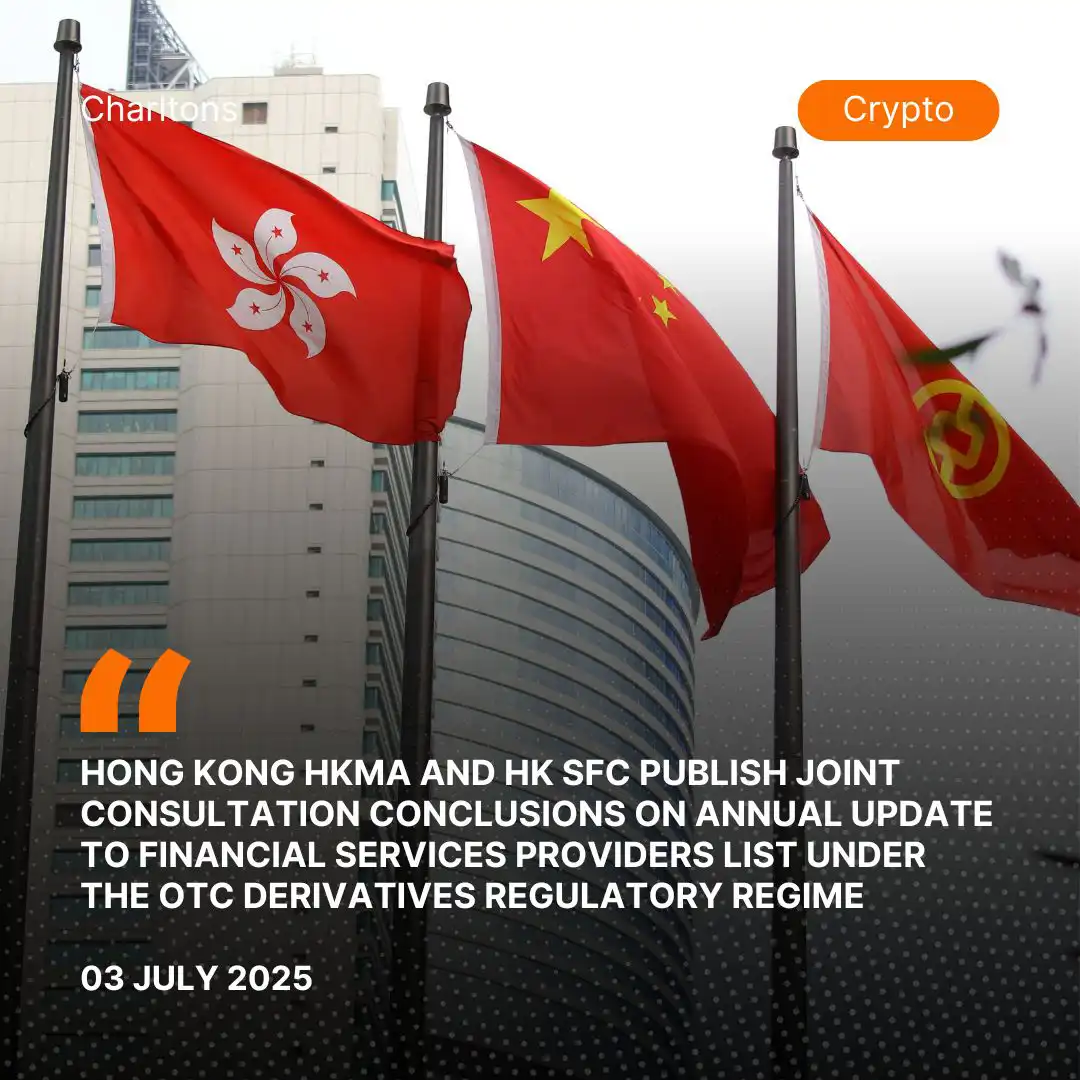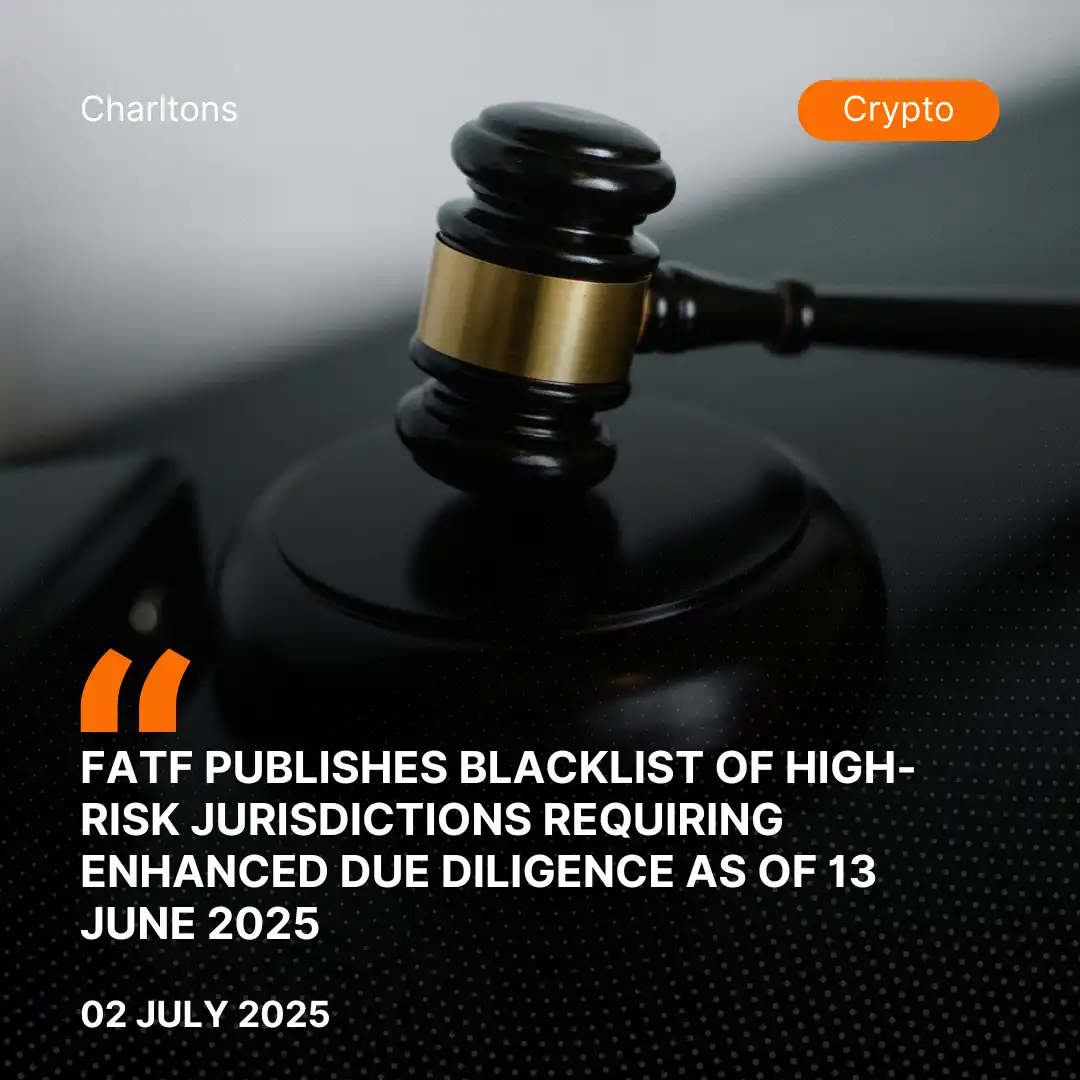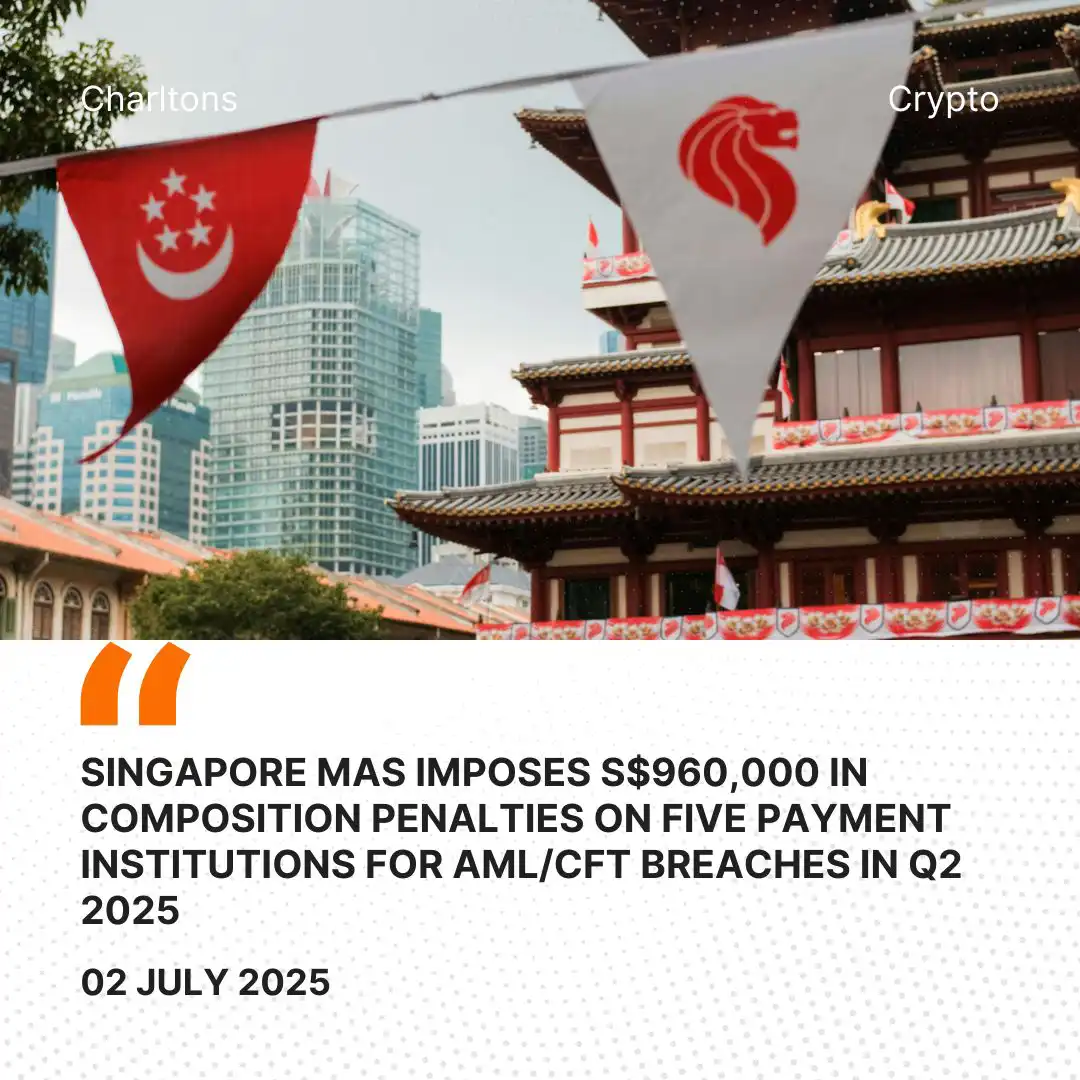
A new bill introduced in the United States House of Representatives aims to impose a two-year ban on cryptocurrency mixers, known as the Blockchain Integrity Act. Led by five Democratic congresspeople, spearheaded by Sean Casten, the bill targets what they define as a critical vulnerability in the crypto ecosystem.
Casten explained that crypto mixers function as pools enabling users to withdraw funds without disclosing the connection between their deposits and withdrawals, posing a significant challenge to regulatory oversight.
Under the proposed legislation, financial institutions, including cryptocurrency exchanges and virtual asset service providers, would be temporarily prohibited from accepting funds that have passed through a mixer or permitting withdrawals to mixer addresses. Violations would incur civil penalties of up to $100,000.
During the two-year ban, the Treasury Department would compile a comprehensive report assessing various aspects of mixer transactions, including their involvement in illicit finance, legitimate uses, law enforcement capabilities, and regulatory approaches in other jurisdictions. Co-sponsored by Representatives Bill Foster, Brad Sherman, and Emanuel Cleaver, the bill reflects concerns about the misuse of cryptocurrency for illicit purposes. Sherman highlighted the inherent secrecy associated with cryptocurrencies, emphasizing their appeal to terrorist groups, sanction evaders, tax evaders, and cybercriminals.
This legislative move follows previous actions by the US government targeting crypto mixers. The Treasury’s Office of Foreign Asset Control previously designated addresses associated with the Tornado Cash mixer as Specially Designated Nationals, effectively prohibiting their use by US citizens. Legal actions against the founders of Tornado Cash underscore the seriousness with which authorities view mixer-related activities.
Furthermore, pressure on privacy-focused cryptocurrencies like Monero has intensified following the European Union’s introduction of new Anti-Money Laundering laws, reflecting a broader global effort to enhance financial transparency and combat illicit financial activities.





